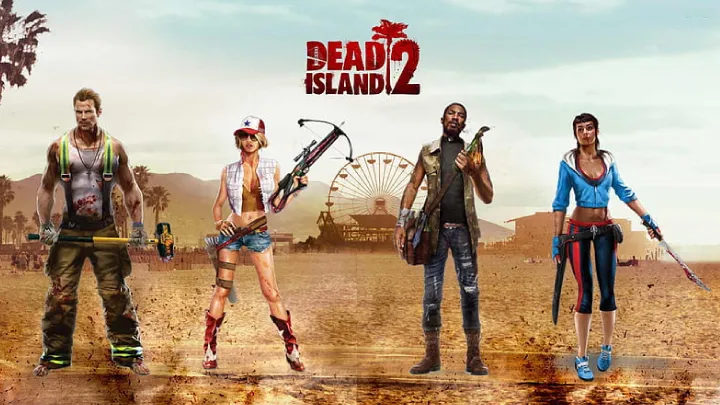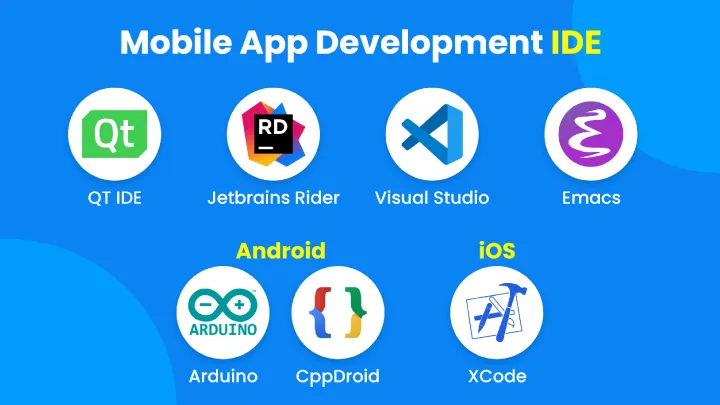RimWorld Odyssey expands the scope of traditional RimWorld survival by introducing deeper narrative arcs, extended planetary travel, and evolving colony missions. However, one of the most debated and complex issues within the game is long-term colony morale management. Unlike early-game struggles of food, defense, and shelter, Odyssey pushes players into multi-year campaigns where the psychological state of colonists becomes the true determinant of success or collapse. This article will dive deeply into the mechanics, consequences, and strategies surrounding morale in RimWorld Odyssey, focusing on how it shapes both gameplay and storytelling.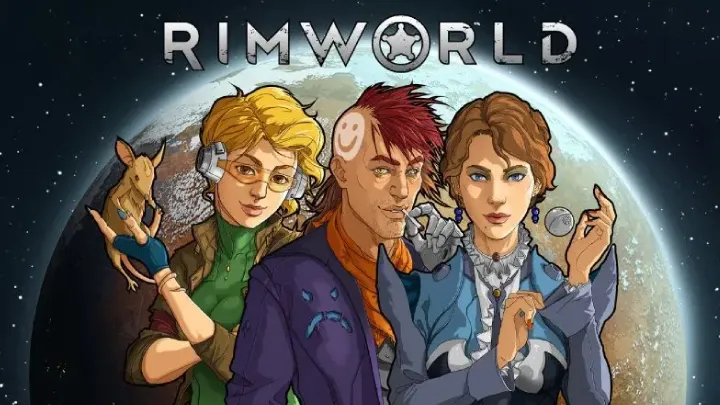
The Early Foundations of Morale in RimWorld Odyssey
In the early phases of a RimWorld Odyssey playthrough, morale often feels stable. Colonists are excited by new surroundings, early structures provide safety, and simple pleasures like food variety or comfortable rest keep spirits high.
However, as Odyssey stretches timeframes, these foundations become fragile. Early decisions about colony design, work delegation, and leadership structures ripple forward, amplifying or undermining stability in ways that often catch players off guard. The early stage lays the groundwork for what will eventually become the largest challenge: maintaining motivation through years of hardship.
The Transition from Survival to Endurance
The game’s central shift occurs when basic survival no longer defines success. Colonists are well-fed, defended, and sheltered, yet morale begins to crack. This is where Odyssey separates itself from RimWorld’s core experience.
Happiness, boredom, and interpersonal friction now emerge as the true enemies. Colonists who once fought shoulder-to-shoulder against raiders may grow resentful of unequal workloads, lack of variety, or unfulfilled aspirations. This transition reframes the player’s role from survival overseer to long-term morale architect.
Social Webs and Friction Over Time
Odyssey’s expanded character system introduces deeper social dynamics. Colonists form bonds, rivalries, and grudges that persist across years.
Key Social Challenges:
- Romantic triangles leading to jealousy and fights
- Colonists demanding leadership roles after years of service
- Friendships collapsing due to workload inequality
- Group resentment if one colonist gains privileges others lack
Over time, this web becomes almost impossible to fully control. The player must learn to mitigate conflict, not eliminate it. Odyssey is designed so that some level of social breakdown is inevitable.
Environmental Fatigue and Its Psychological Toll
Beyond interpersonal conflict, the environment itself begins to wear down colonists. Unlike short RimWorld campaigns, Odyssey colonies span multiple regions and biomes. Colonists grow weary of extreme heat, endless tundra, or relentless rainfall.
Environmental Stressors
- Colonists in deserts face heatstroke trauma memories
- Polar colonies report seasonal depression cycles
- Long stays in jungles increase risk of disease and exhaustion
This creates a slow-burn morale drain, forcing players to consider migration or psychological adaptation strategies rather than static survival setups.
Leadership Systems and Their Limits
A unique addition in Odyssey is the colony leadership mechanic, where players must appoint governors or council members. Leadership decisions greatly impact morale.
Positive Impacts
- Shared decision-making can stabilize group cohesion
- Rituals, festivals, and speeches boost group identity
Negative Impacts
- Failed leadership choices cause factional divides
- Leaders who overstay their role become resented
- Assassination plots and coups can emerge organically
Leadership in Odyssey highlights that morale is not just individual but systemic, tied to governance structures and how power is distributed over decades.
The Role of Trauma and Memory Persistence
One of the most controversial design choices in Odyssey is the persistence of trauma across years. Colonists do not “forget” events easily.
A colonist who lost a sibling in year two may still carry that pain into year twelve. This realism forces players to deal with generational trauma, PTSD, and collective memory. Unlike RimWorld, where mood debuffs often fade, Odyssey turns past scars into long-lasting morale challenges.
Strategies for Sustaining Long-Term Morale
Players who thrive in Odyssey often adopt a proactive approach to morale, not reactive crisis management.
Practical Strategies Include:
- Rotating workloads to prevent burnout
- Building luxury items like art, theaters, or gardens
- Allowing periodic migration to reset environmental fatigue
- Establishing clear leadership succession to avoid resentment
By investing in morale infrastructure as much as food and defense, players create colonies that endure rather than collapse under invisible psychological weight.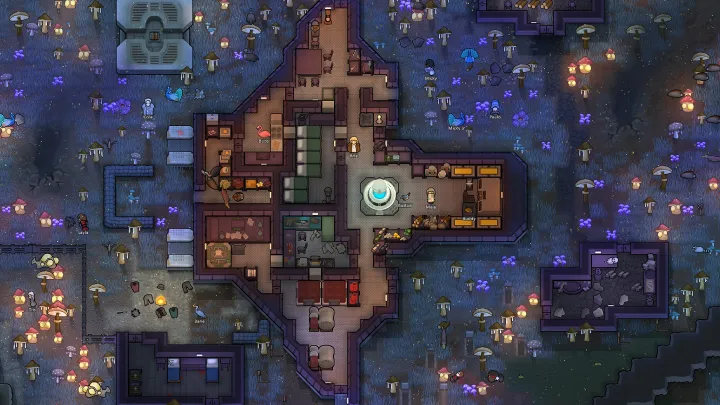
Comparisons with Other Survival Games
When compared to survival titles like Frostpunk or Oxygen Not Included, RimWorld Odyssey’s morale systems are both more punishing and more immersive.
Unlike Frostpunk, where morale is often represented as a simple trust meter, Odyssey makes morale an emergent property of individual lives. Every colonist has a story, and their happiness or despair emerges from accumulated personal experiences. This makes Odyssey feel less like managing a system and more like mediating a fragile society.
Community Reactions to the Morale Challenge
The RimWorld community remains divided on Odyssey’s approach to morale. Some praise it for creating authentic narratives where every colony feels like a living, breathing civilization. Others argue it tips into frustration, as morale spirals can feel unmanageable no matter the player’s skill.
Fan-made mods often attempt to soften morale mechanics, proving that while realism has its appeal, many players prefer a balance that keeps fun alongside difficulty. The debate underscores how central morale is to the Odyssey experience.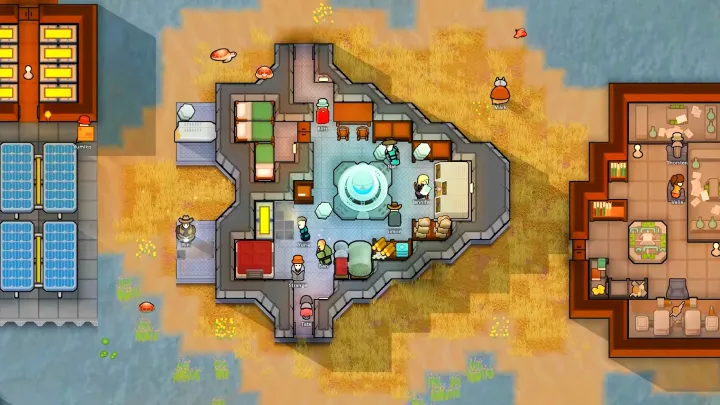
Future Potential: Where Morale Systems Could Evolve
Looking forward, morale in Odyssey could expand further. Features like generational storytelling, political revolutions, or evolving cultural identities would deepen immersion. Rockstar-like branching narratives, but emergent and player-driven, could arise.
Possible Improvements:
- Colonist families with multi-generational morale patterns
- Collective memory systems (festivals, myths, shared history)
- Diplomacy between colonies based on morale health
- Player-controlled cultural policies shaping morale direction
These expansions would cement Odyssey as the definitive narrative colony simulator, where psychology is as important as survival.





